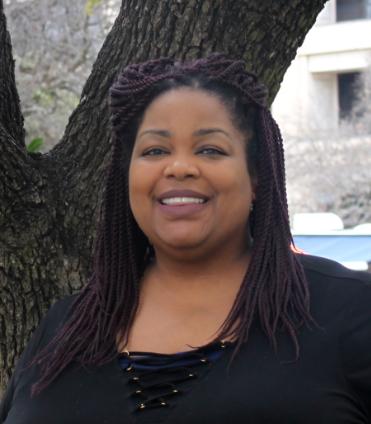
Course Awards
2018
Gray is working to replace her primary textbook for her sections of HIS 1053 with the free U.S. History from OpenStax, which is designed to meet the scope and sequence requirements of introductory college history courses. OpenStax, a nonprofit affiliated with Rice University, works directly with faculty subject matter experts and funders like the Hewlett Foundation to create peer-reviewed openly licensed textbooks that are free for students.
More From Gray:
“History is of and for people. Thus, I am thoroughly excited about the possibilities of open educational resources in my field. My thoughts are shaped from two directions:
First, as a historian of marginalized groups, I am particularly concerned with the way such groups are left out of and have little access to the historical record. The advent of open educational resources promises to change both of those for the better. Such resources are often woven together by a range of scholars with different interests doing cutting-edge digital humanities work. They expand the stories that are told and the audiences to whom they are told. They broaden the acceptable spaces for scholarly historical writing, a much-needed intervention as sometimes, our reliance on journals and monographs and conferences, confine scholarship to the academy and disconnect it from laypeople.
The second direction from which my support for open educational resources comes is my own lived experience. I was fortunate, as a first-generation college student, to have been awarded a full scholarship. Still, my book stipend was small and never enough to cover all of my books. My parents and I struggled some semesters to cover costs. Often, I relied on library copies and sharing with friends. While that was a sufficient means to an end, having ready access to my course materials would have been less stressful and may have improved the quality of my work. So, as faculty at a university with such a large presence of first-generation students, I am aware that cost is still a potential barrier to equitable, accessible education.”